Humanitech
Innovation
Turning innovation into lasting community resilience
Humanitech explores and scales solutions that create lasting community resilience in the face of a changing climate.
Led by Australian Red Cross, with the support of our scaling partner QBE Foundation, we bring people and technology together to build a safer, fairer, more resilient future.
Humanitech works with start-ups, researchers and cross-sector partners to co-design and tests solutions where they matter most.
Together we:
- Co-create, validate and pilot technology with communities, ensuring their knowledge and leadership shape design and implementation.
- Support scaling and adoption, from local pilots to national or global reach.
- Provide funding, mentorship and networks to help ideas become lasting services.
- Embed ethical innovation principles across sectors, advocating with industry, government and communities so responsible technology becomes the norm.
Our objective is to turn promising concepts into practical tools that reduce risk, strengthen resilience and empower people before, during and after crises.
Organisations we've partnered with

Hear directly from the people, communities and organisations driving people-first innovation at Australian Red Cross.
Humanitech case studies
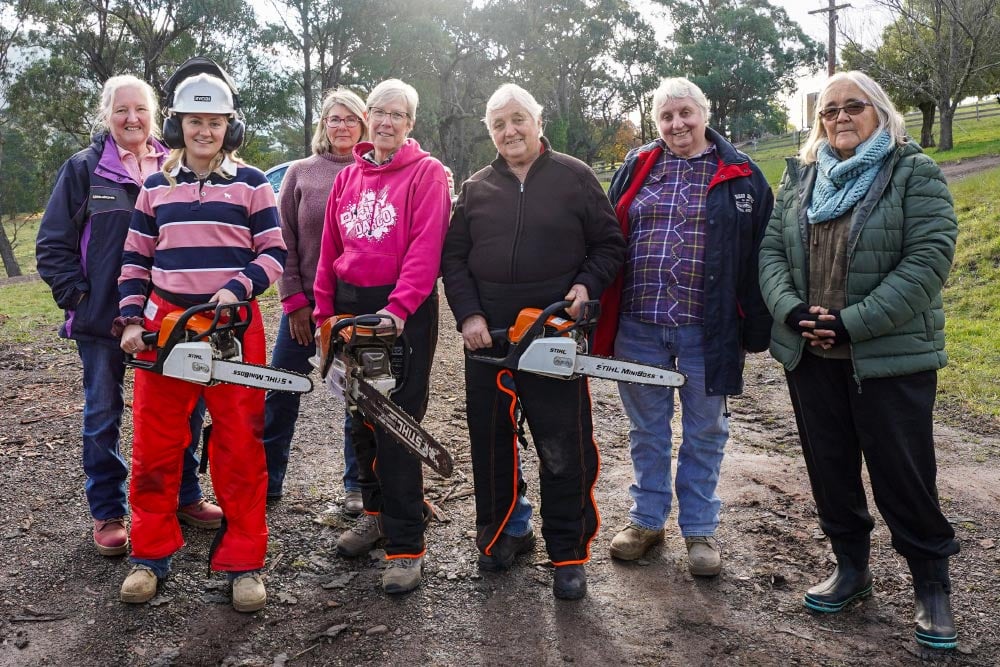
WEO: When a map becomes a mirror
WEO, a satellite and AI mapping company, delivers hyperlocal climate intelligence to help communities understand and adapt to risk. In partnership with Australian Red Cross, they’ve piloted a platform that blends satellite data, AI and local knowledge to guide local resilience planning.
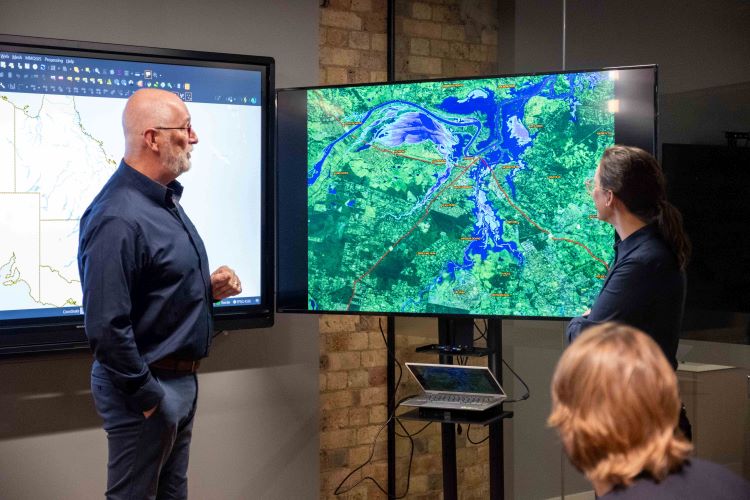
FloodMapp: Australia’s devastating floods inspire new warning systems
FloodMapp specialises in real-time flood intelligence and uses its technology to provide an increase in effective warning time through location-specific flood forecasting and flood inundation mapping. Learn about how Red Cross has been working with FloodMapp to pilot an approach that enables emergency managers to access scalable and real-time information to prepare and plan for emergency response activities to flooding.
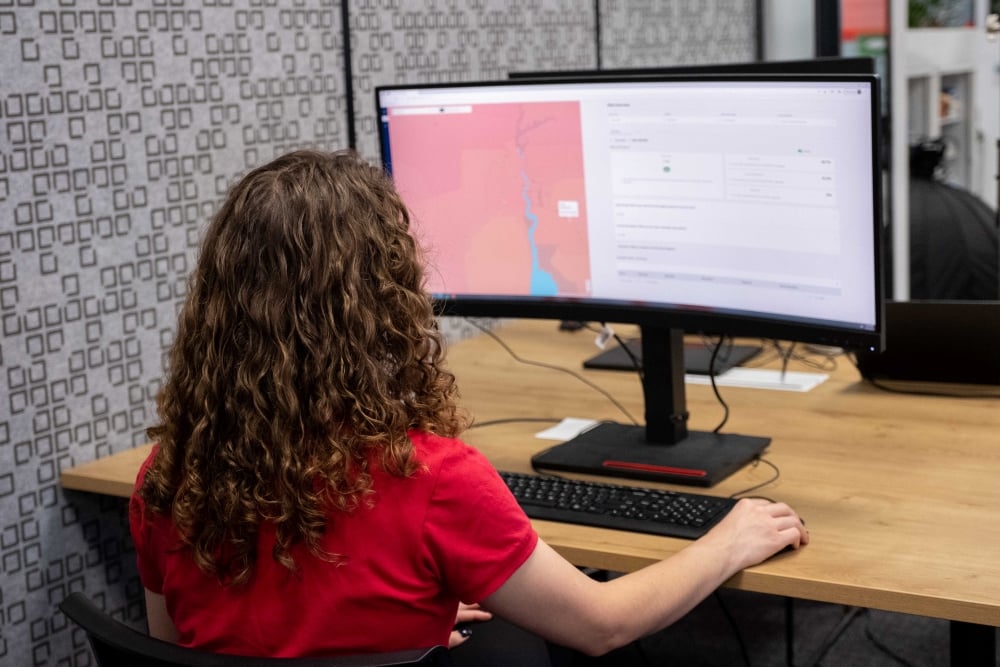
Climasens: Using technology to understand and respond to climate change
Climasens offers a location-based climate intelligence platform to identify climate risks on people and planet. Partnering with Red Cross, the organisatoins piloted a project to co-develop a mapping tool to identify exactly where particular people may be most at-risk during heatwaves in South Australia, overlaying climate data with population health and social information.
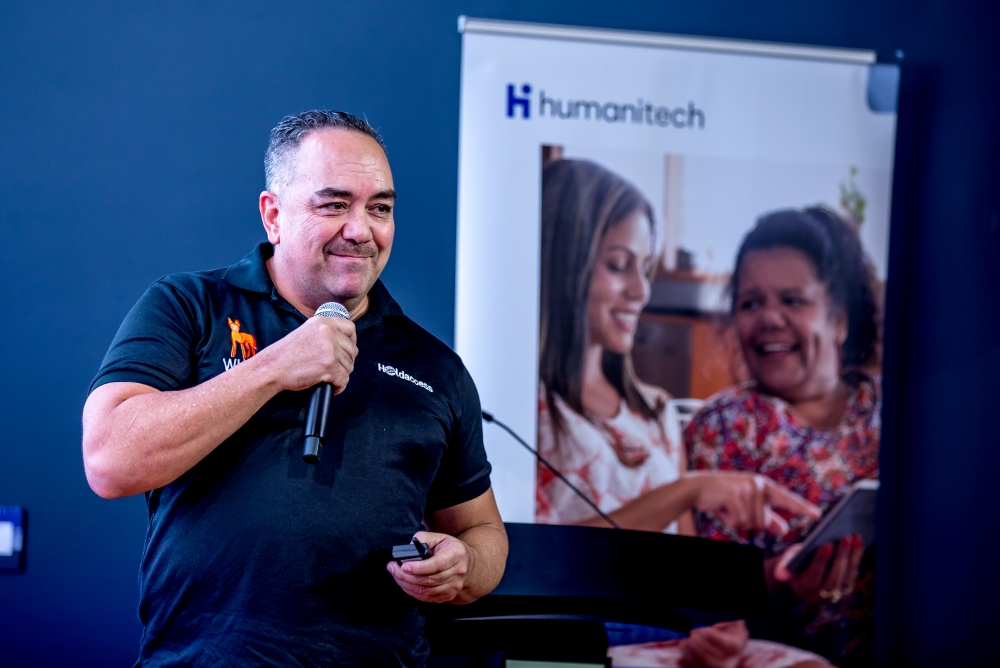
Hold Access: Closing the gap on First Nations Australians digital identity
Hold Access is a First Nations-led company developing a digital wallet, WUNA, to empower First Nations Australians and digitally excluded people to hold, access and share their digital identity with verified capabilities. To validate their platform, they collaborated with education providers to assess its suitability in supporting young people transitioning from school to work or further learning environments.
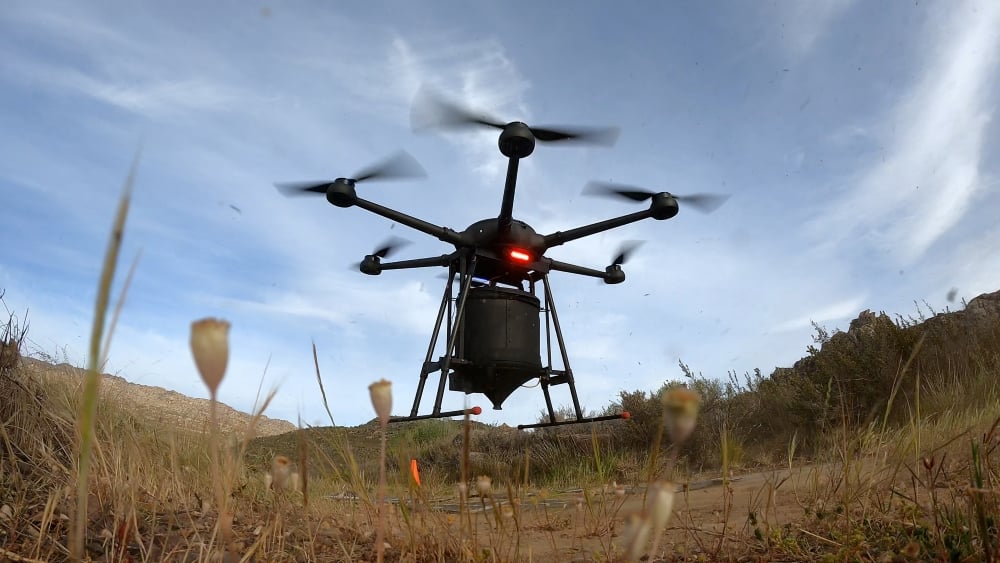
AirSeed: Drone planting takes flight to promote reforestation in flood-affected NSW
AirSeed has developed a unique approach to tackle climate change and restore biodiversity by combining drone technology, machine learning, and seed pod biotechnology. To validate whether this approach could be delivered in partnership with disaster-affected communities to support local regeneration efforts, AirSeed collaborated with landholders impacted by landslides in northern NSW.
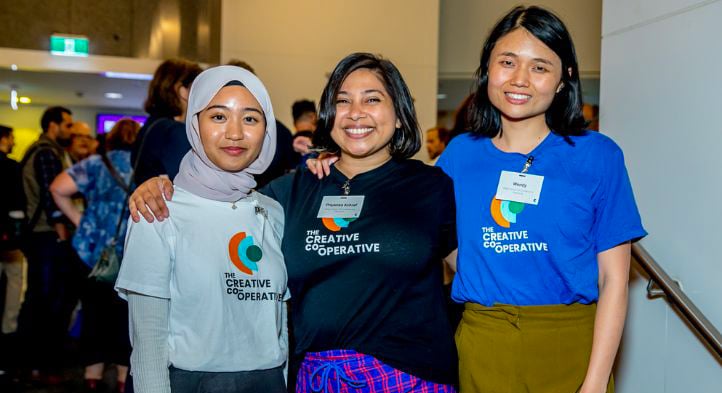
Maya Cares: The chatbot supporting women of colour through racism
Maya Cares is a first-of-its-kind chatbot and wellbeing platform that aims to address racism through reporting, increasing access to wellbeing support, and connecting to mental health resources. Discover the process involved in developing it with Aboriginal and Torres Strait Islander, Black and Women of Colour over 18 months.

Performl: Using data to end disadvantage and improve lives
Performl has developed a platform that uses new technology to unmask hidden areas of inequality, such as the location of groups with particular disability support needs, by connecting millions of data points. Learn about their work validating their solution with service providers to improve lives while ensuring it is effective, ethical and safe.
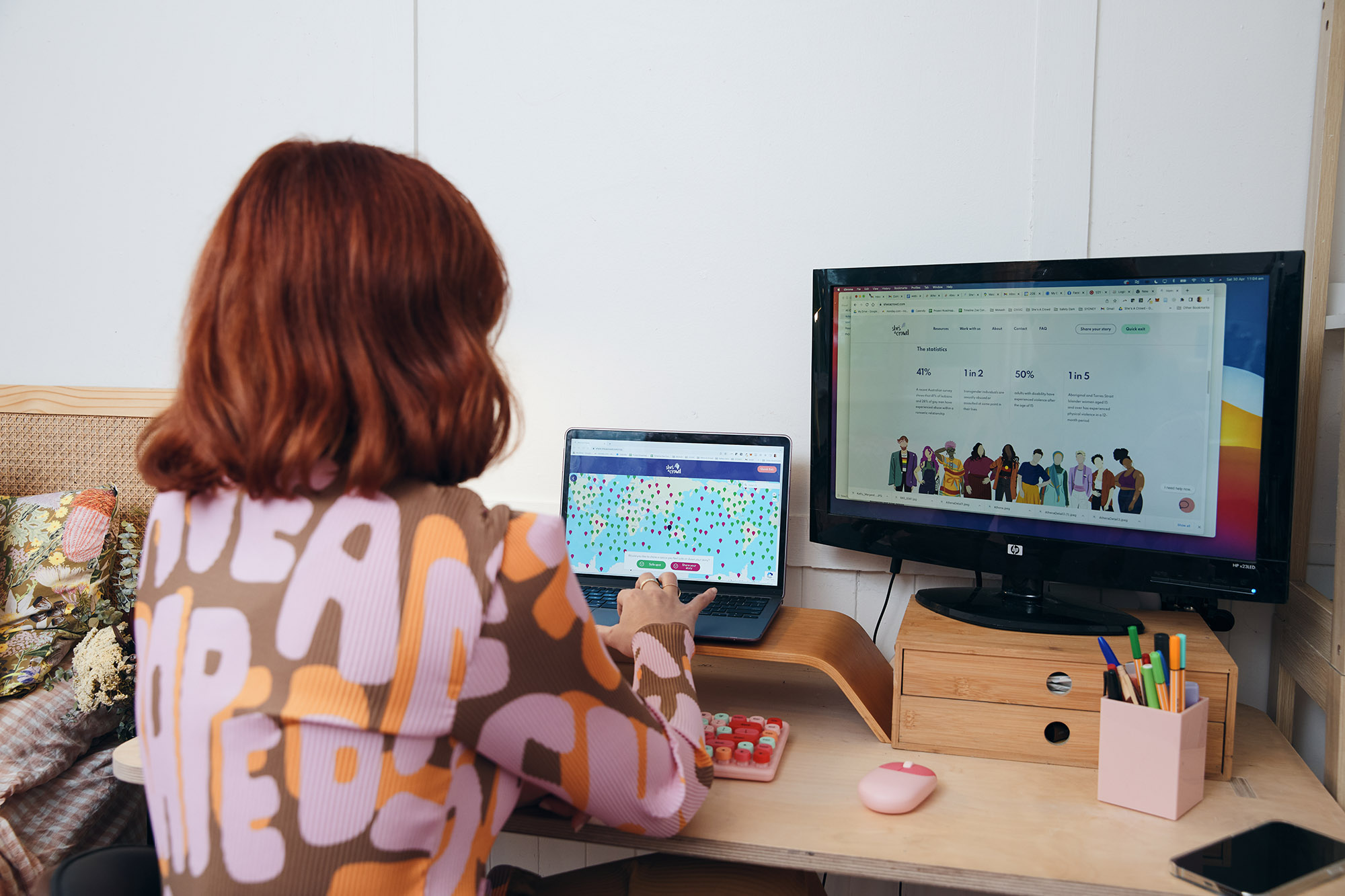
She’s A Crowd: Using storytelling data to end gender-based violence
She’s A Crowd has crowdsourced the biggest location-based set of gender-based violence data in the world to provide insights and mapping tools on survivors’ experiences. She’s A Crowd completed validation with both users and customers to understand how to best present and package data insights to make the greatest social impact and to scale the organisation’s business model.
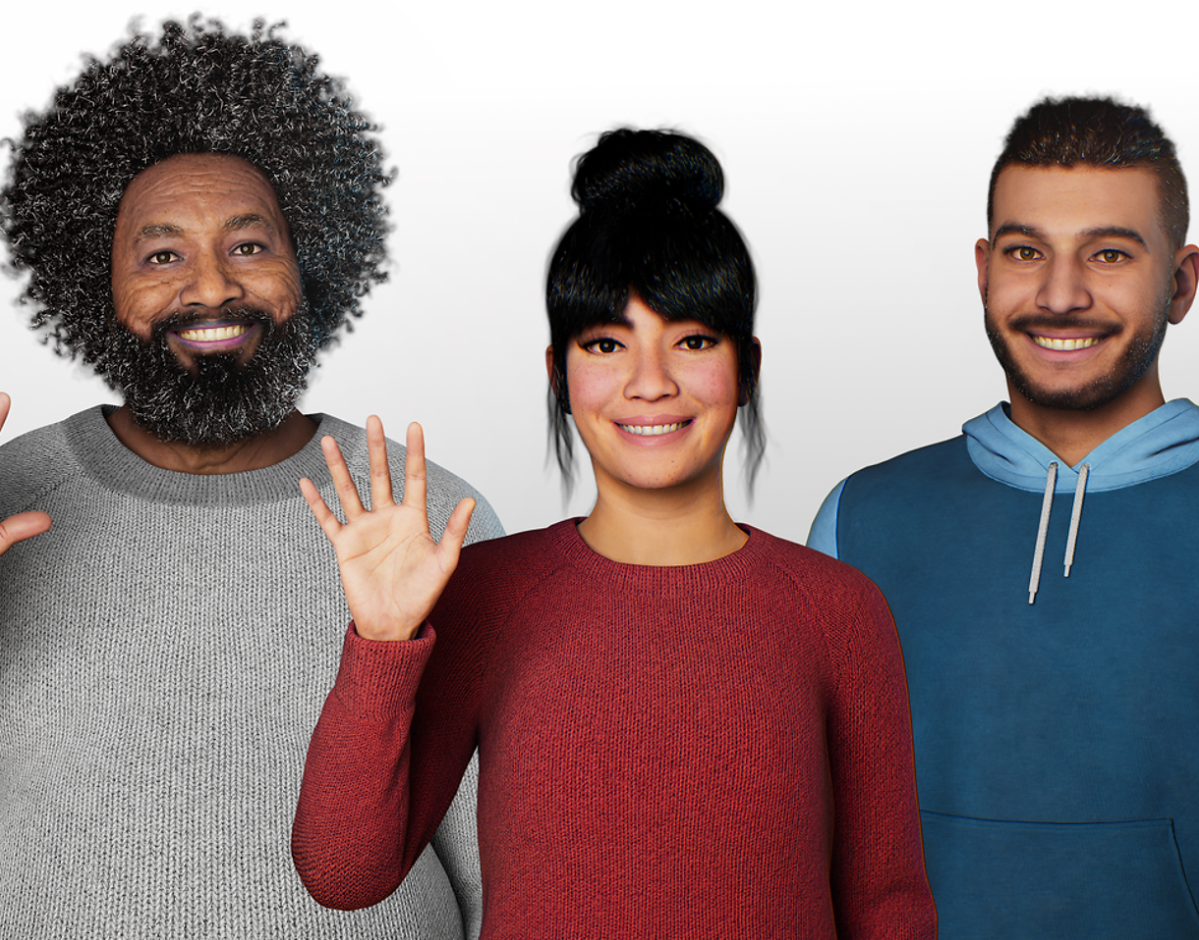
Kara Technology: Pioneering new emergency announcement systems in sign language
Kara Technologies is using cutting-edge motion capture technology to create a sign language program with 'digital humans'. Learn more about their work validating the use of this solution with Australian Deaf communities and emergency management actors to increase access to fast, life-saving emergency information in sign language.
